Peter Felten - Relationship-Rich Education: How Human Connections Drive Success in College
Here you can read online Peter Felten - Relationship-Rich Education: How Human Connections Drive Success in College full text of the book (entire story) in english for free. Download pdf and epub, get meaning, cover and reviews about this ebook. year: 2020, publisher: Johns Hopkins University Press, genre: Home and family. Description of the work, (preface) as well as reviews are available. Best literature library LitArk.com created for fans of good reading and offers a wide selection of genres:
Romance novel
Science fiction
Adventure
Detective
Science
History
Home and family
Prose
Art
Politics
Computer
Non-fiction
Religion
Business
Children
Humor
Choose a favorite category and find really read worthwhile books. Enjoy immersion in the world of imagination, feel the emotions of the characters or learn something new for yourself, make an fascinating discovery.

- Book:Relationship-Rich Education: How Human Connections Drive Success in College
- Author:
- Publisher:Johns Hopkins University Press
- Genre:
- Year:2020
- Rating:4 / 5
- Favourites:Add to favourites
- Your mark:
Relationship-Rich Education: How Human Connections Drive Success in College: summary, description and annotation
We offer to read an annotation, description, summary or preface (depends on what the author of the book "Relationship-Rich Education: How Human Connections Drive Success in College" wrote himself). If you haven't found the necessary information about the book — write in the comments, we will try to find it.
A mentor, advisor, or even a friend? Making connections in college makes all the difference.
What single factor makes for an excellent college education? As it turns out, its pretty simple: human relationships. Decades of research demonstrate the transformative potential and the lasting legacies of a relationship-rich college experience. Critics suggest that to build connections with peers, faculty, staff, and other mentors is expensive and only an option at elite institutions where instructors have the luxury of time with students. But in this revelatory book brimming with the voices of students, faculty, and staff from across the country, Peter Felten and Leo M. Lambert argue that relationship-rich environments can and should exist for all students at all types of institutions.
In Relationship-Rich Education, Felten and Lambert demonstrate that for relationships to be central in undergraduate education, colleges and universities do not require immense resources, privileged students, or specially qualified faculty and staff. All students learn best in an environment characterized by high expectation and high support, and all faculty and staff can learn to teach and work in ways that enable relationship-based education. Emphasizing the centrality of the classroom experience to fostering quality relationships, Felten and Lambert focus on students influence in shaping the learning environment for their peers, as well as the key difference a single, well-timed conversation can make in a students life. They also stress that relationship-rich education is particularly important for first-generation college students, who bring significant capacities to college but often face long-standing inequities and barriers to attaining their educational aspirations.
Drawing on nearly 400 interviews with students, faculty, and staff at 29 higher education institutions across the country, Relationship-Rich Education provides readers with practical advice on how they can develop and sustain powerful relationship-based learning in their own contexts. Ultimately, the book is an invitationand a challengefor faculty, administrators, and student life staff to move relationships from the periphery to the center of undergraduate education.
Peter Felten: author's other books
Who wrote Relationship-Rich Education: How Human Connections Drive Success in College? Find out the surname, the name of the author of the book and a list of all author's works by series.

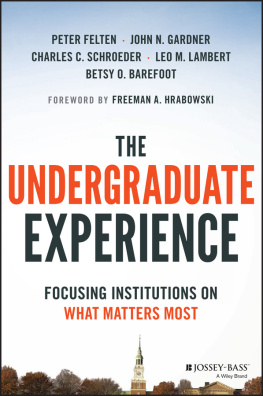
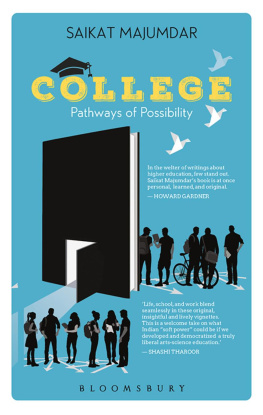
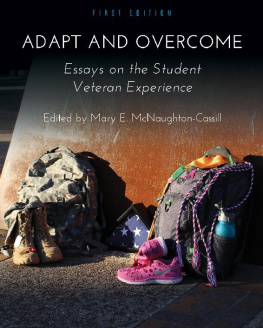
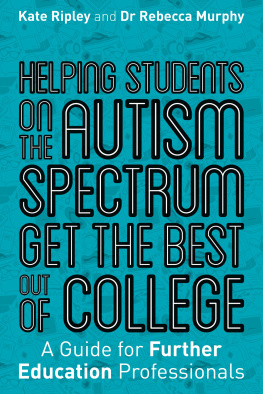
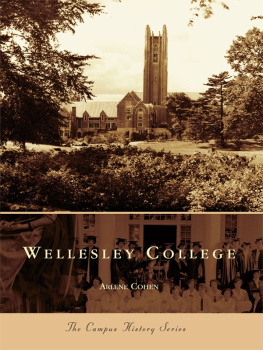
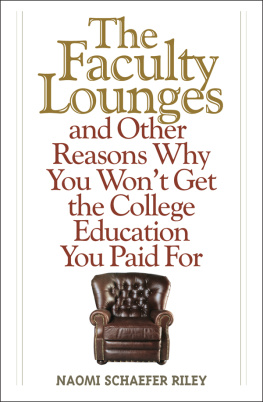
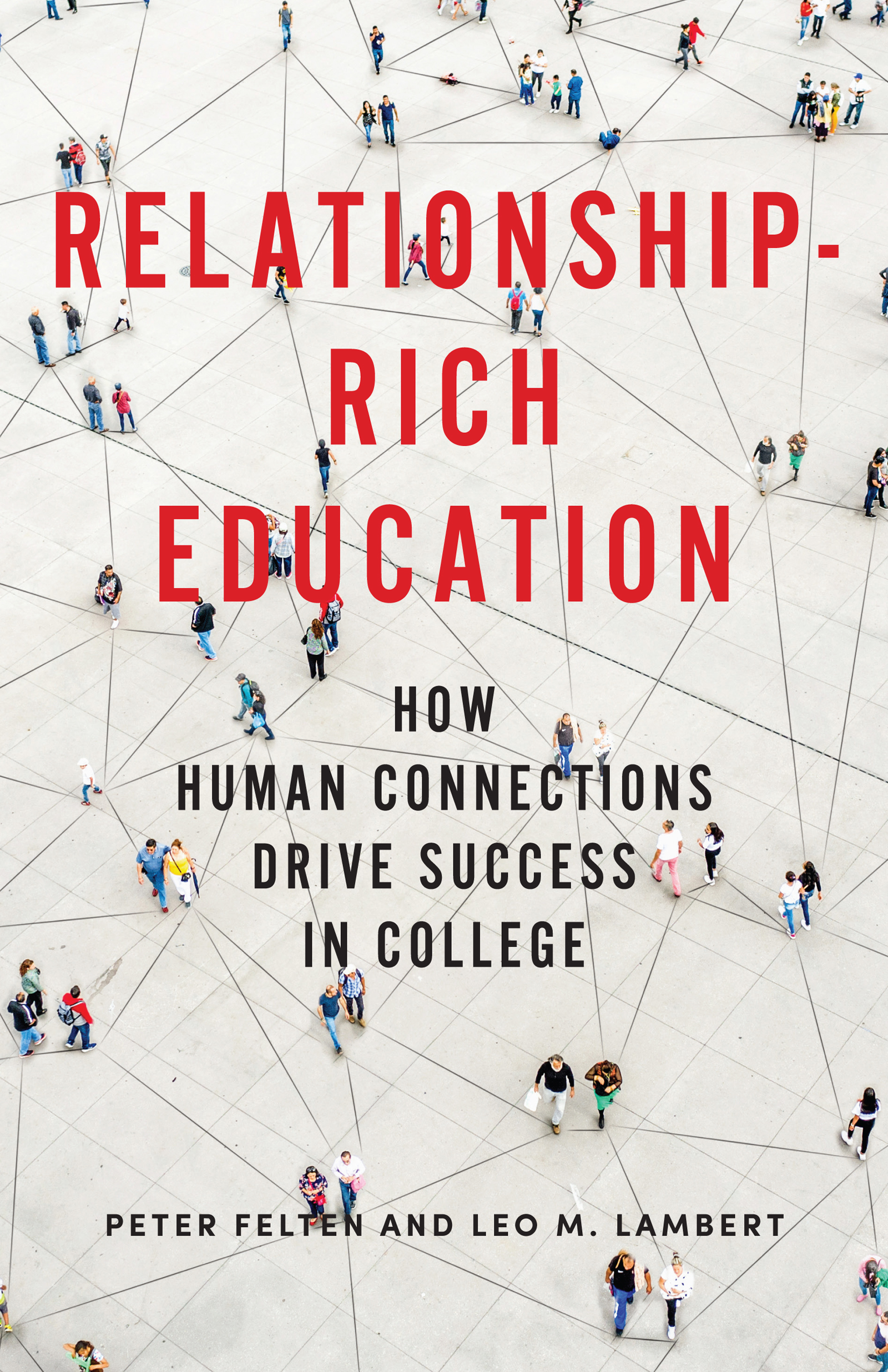
 JOHNS HOPKINS UNIVERSITY PRESSBALTIMORE
JOHNS HOPKINS UNIVERSITY PRESSBALTIMORE